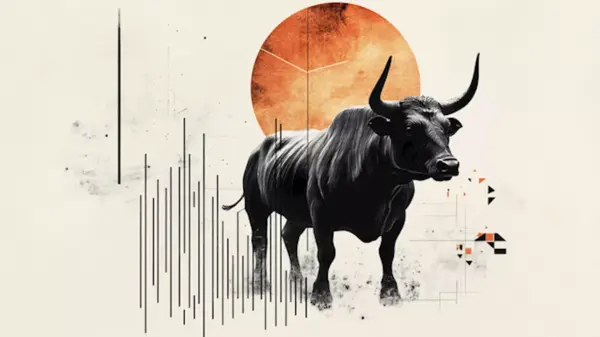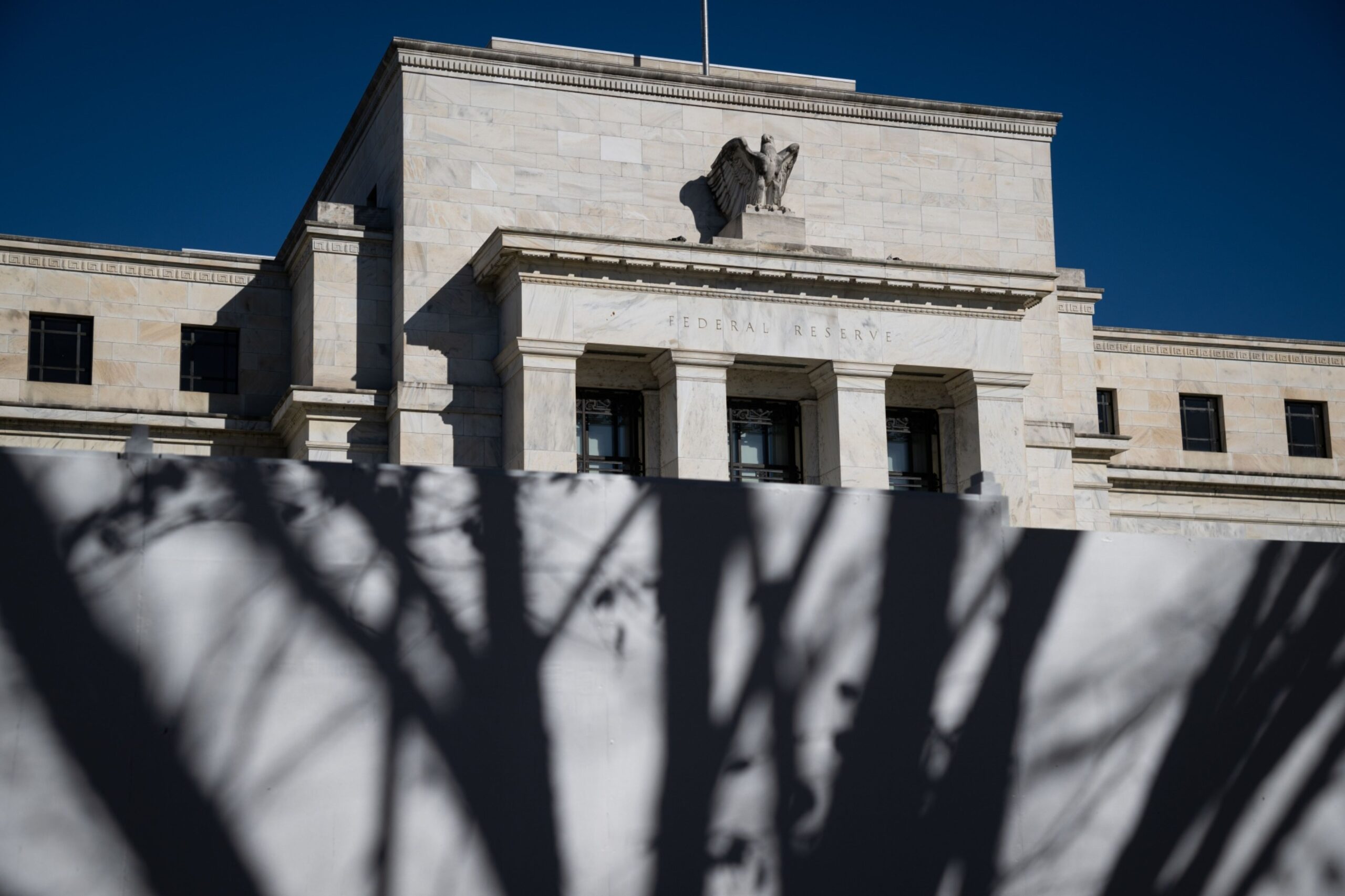The U.S. House of Representatives recently passed three significant bills related to cryptocurrency, including the controversial H. R. 1919, known as the “Anti-CBDC Surveillance State Act.” This bill seeks to prevent the Federal Reserve from issuing a central bank digital currency (CBDC), a move that has generated considerable debate regarding its implications for financial privacy and innovation.
The Anti-CBDC bill was one of three crypto-related pieces of legislation approved during a swift political maneuver in late July 2023. The GENIUS Act, which focuses on stablecoins, has already been signed into law after passing the Senate, while the CLARITY Act aims to create a regulatory framework for digital assets and is set for further discussion in the Senate after the summer recess.
Key Provisions of the Anti-CBDC Bill
H. R. 1919 stands out for its simplicity, consisting of just one page. It imposes significant restrictions on the Federal Reserve, specifically prohibiting any Federal Reserve bank from offering financial products or services directly to individuals, whether digital or otherwise. Furthermore, it blocks the issuance of any digital currency that would be a direct liability of the Federal Reserve System and widely available to the public.
Critics argue that this legislation is largely unnecessary, as the Federal Reserve would require congressional approval to extend its mandate to serve the public directly. Even if the Fed were interested in exploring a retail CBDC, achieving broad support from banks and consumers would be a significant hurdle, making approval unlikely.
Additionally, the bill goes further by stating that the Federal Reserve “may not test, study, develop, create, or implement” anything resembling a CBDC. This sweeping prohibition could hinder the Fed’s ability to participate in international discussions regarding digital currency frameworks, potentially limiting its influence on the global stage.
Concerns Over Financial Privacy
Proponents of the Anti-CBDC bill argue that it is a necessary measure to protect financial privacy. They express concern that a digital currency issued by the Federal Reserve could enable government oversight of all transactions, thereby infringing on individual privacy rights. This fear, however, overlooks the fact that nearly 90% of payments today are already digital, with this number expected to rise as society becomes increasingly reliant on online transactions.
While the loss of cash payment options might seem concerning, many individuals still prefer using cash in specific situations, despite the growing trend toward digital payments. In the event that cash were to be phased out, alternatives like cryptocurrencies operating on public networks could still provide some level of anonymity.
The debate over privacy should also consider the implications of the Bank Secrecy Act (BSA), which grants authorities broad access to transaction histories collected from financial intermediaries. The BSA mandates that financial institutions report any “suspicious” transactions, potentially posing a more significant threat to financial privacy than a retail CBDC ever would. Efforts to reform the BSA have gained little traction, contrasting sharply with the swift movement of the Anti-CBDC bill through Congress.
Ultimately, the bill’s proponents may be framing it as a defense of individual privacy, but critics argue that it could disrupt the financial system without delivering substantial benefits. The introduction of a retail CBDC could inadvertently compete with traditional banks, diverting consumer deposits and potentially undermining confidence in the banking system.
The political motivation behind the Anti-CBDC Act appears to be driven by a desire to appeal to constituents concerned about privacy rather than a genuine concern for the financial landscape. With the potential for a retail CBDC appearing unlikely, the bill may serve more as a platform for political theater than as a necessary legislative measure.
As the debate continues, there is hope that the political engagement surrounding the Anti-CBDC bill may invigorate discussions about financial privacy and its implications for the future of banking and digital transactions.








































































